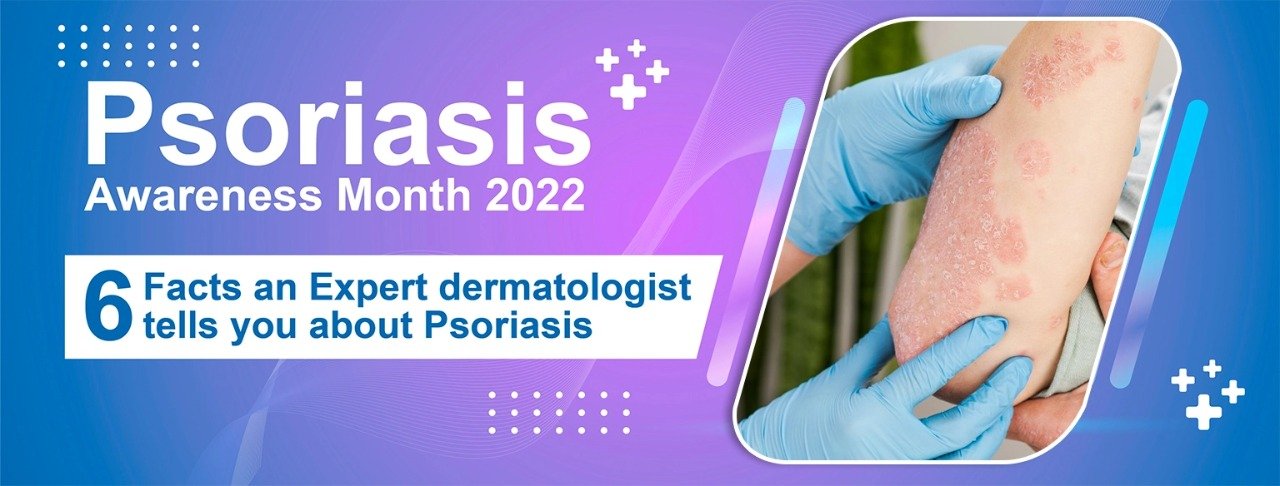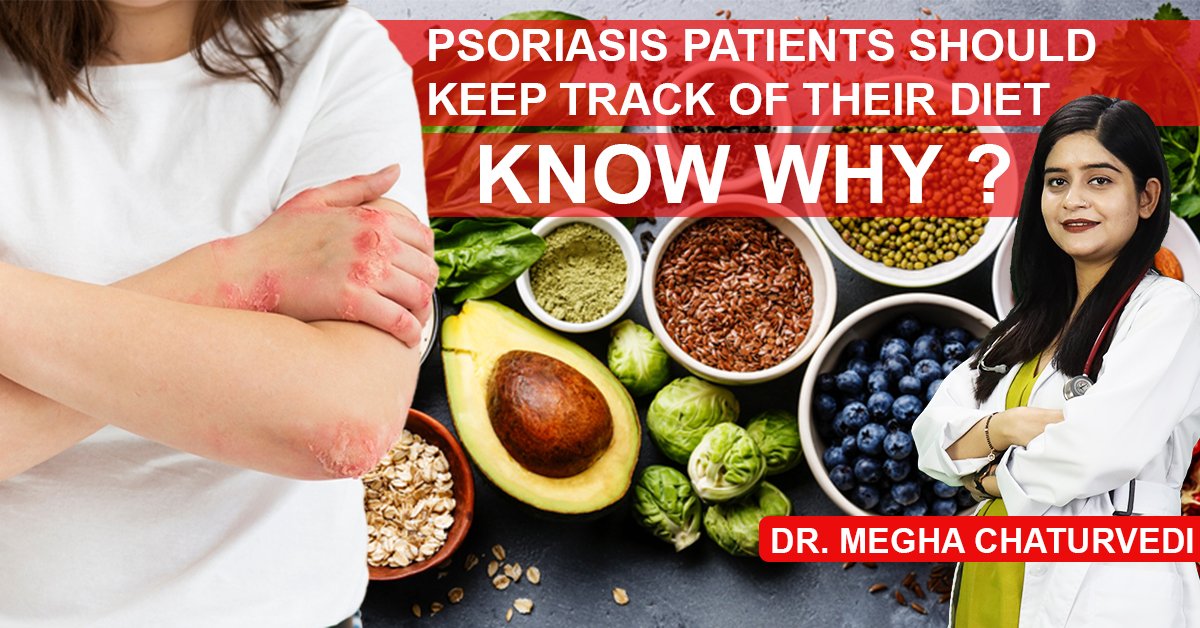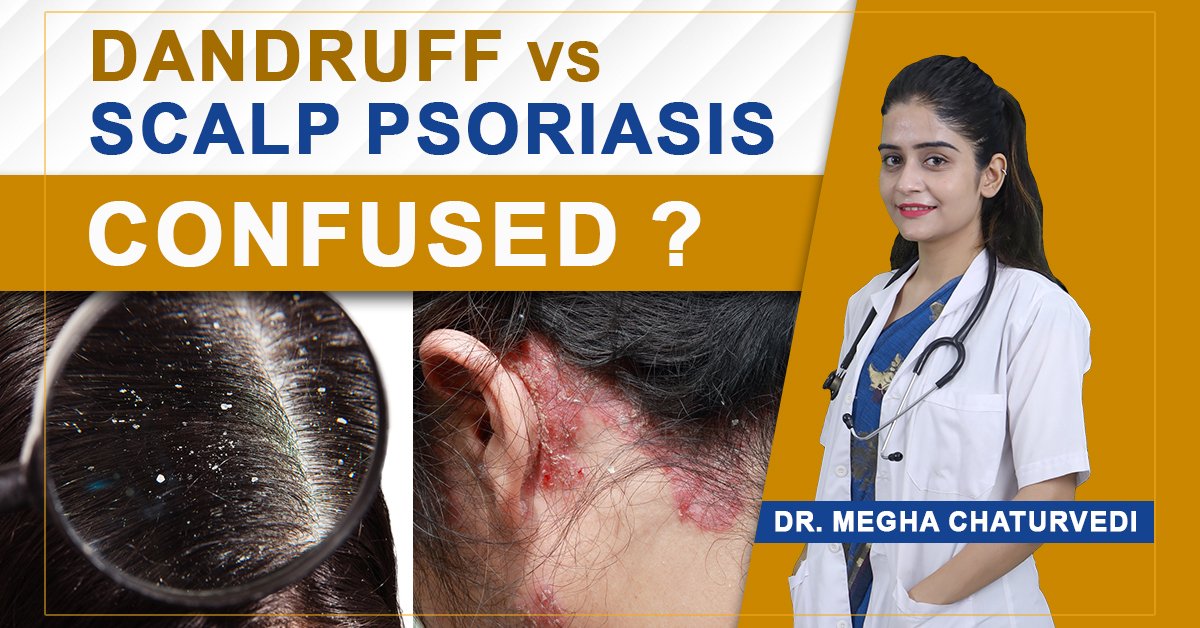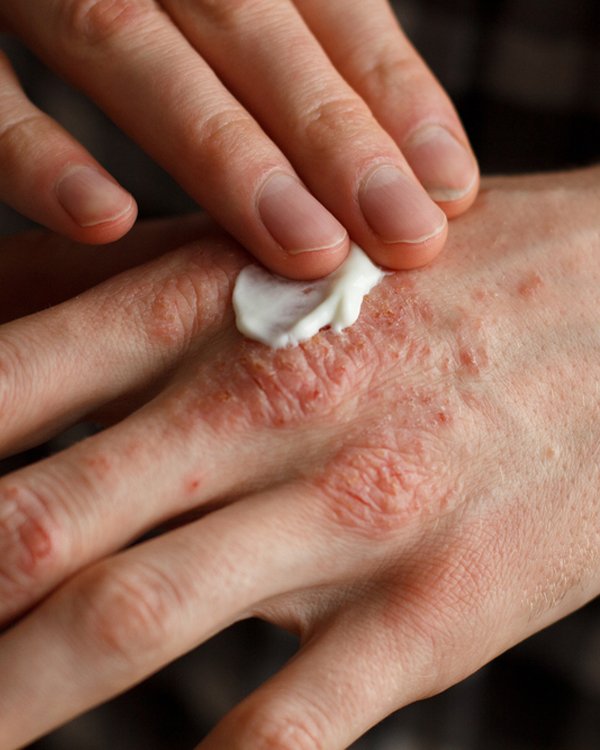psoriasis

A Scalp Psoriasis Shampoo approved by Ayurveda!
“My patient’s first and foremost query is what Scalp Psoriasis Shampoo shampoo they should use to protect their hairs in scalp psoriasis” Dr. Megha Chaturvedi. Scalp psoriasis can be an…

Psoriasis Awareness Month 2022: 6 Facts An Expert Dermatologist Tells You About Psoriasis.
Every Year August is celebrated as World Psoriasis month, which aims to educate and create awareness among people about Psoriasis and its effects on a person who suffers from it….

6 Common Skin Problems In Summers
When riding through these busy roads to my office, I have seen many people who are indulged in their daily work without even using any sunblocks or any accessories such…

Is It Safe To Drink Milk After Chicken? Here’s The Answer!
Do you think twice before taking milk because you had chicken or fish for lunch or dinner? It’s not just you – there are many who are uncertain about this…

Have You Ever Wondered Why Psoriasis Patients Are Asked To keep track of Their Diet?
Present days are so advanced that various treatments are available to manage Psoriasis, from skin ointments to medications that alter your immune system. But have you ever wondered that your…

Dandruff vs. Scalp Psoriasis
Are you confused about whether the struggle you are going through is from Dandruff or Scalp Psoriasis? What are the causes of Dandruff and Scalp Psoriasis? Is Dandruff a fungus?…

Psoriasis
Psoriasis is a chronic skin disorder that causes skin cells to multiply up to 10 folds faster than average. Such a fluctuation makes the skin turn bumpy red with plaques…